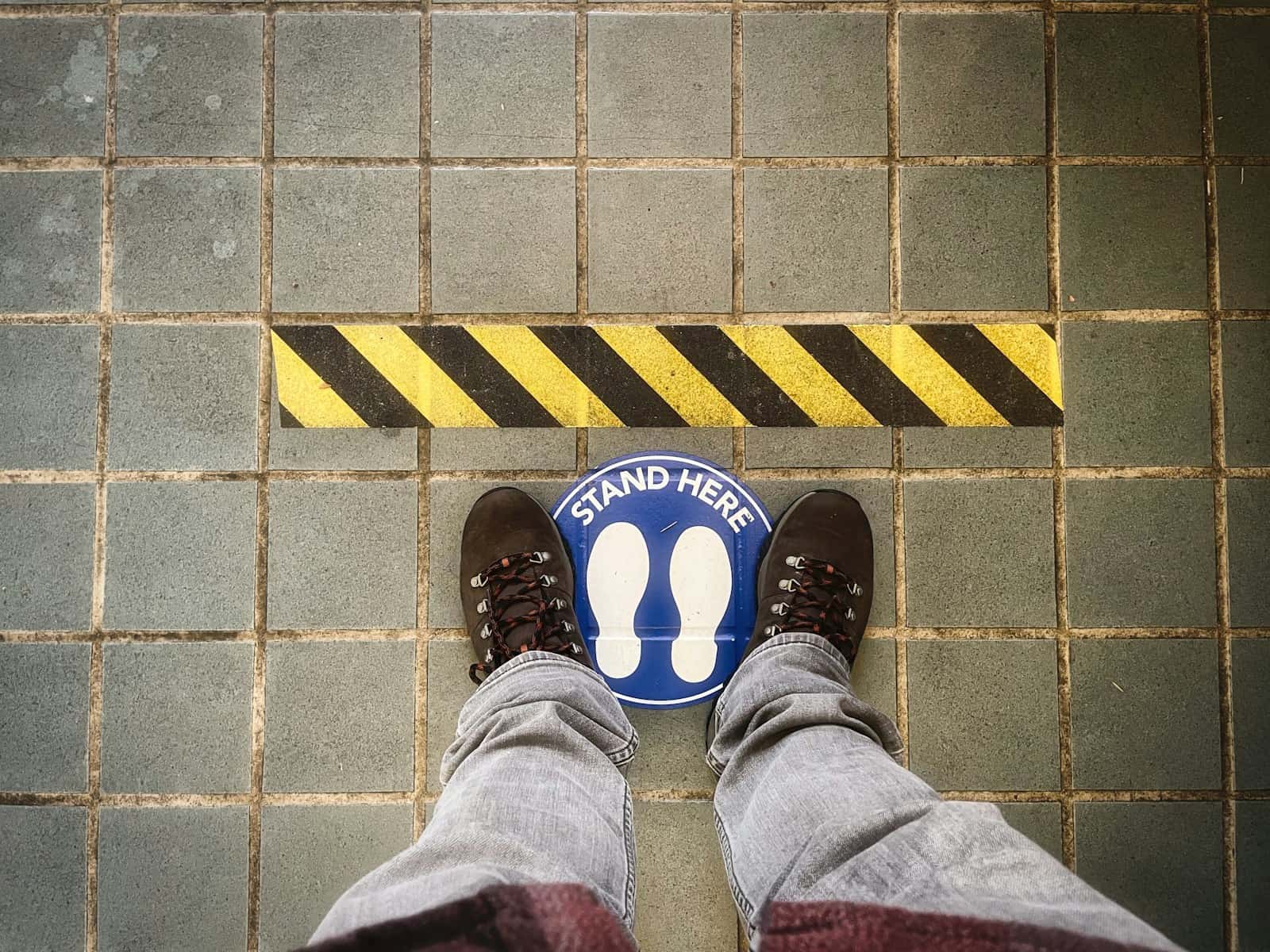Defining development goals at work is more than just a check-the-box activity. I’ve witnessed the impact it can have on careers and job satisfaction. As a former lean management consultant, I’ve guided many professionals through the process of setting and achieving their goals. So, how can you set development goals that will help you advance your career and maximize your potential at work?
Understanding Development Goals for Work

Work development goals are the objectives you set to level up your skills, knowledge, and performance in your professional life. I’ve seen countless professionals elevate their careers by setting specific, intentional goals. These goals can be personal, professional, or organizational.
There are plenty of advantages to setting development goals:
- More motivation and direction
- Improved career alignment
- Higher job satisfaction
- Better performance
- More resilience to change
Ensuring your individual goals ladder up to company goals is key, as this guarantees your advancement also helps the organization succeed. You’ll also feel more fulfilled and valuable to your employer.
I’ve been in many companies where an employee’s personal development directly impacted the company’s bottom line. When you win, your company wins. It’s a mutually beneficial relationship that drives both individual and company success.
Key Areas for Professional Development Goals
In my years working as a consultant, I’ve found there are a handful of common professional development goals. These goals apply to just about any industry or job function.
The most obvious one is improving technical skills. This might mean learning a new programming language or becoming an expert in a specific piece of software.
Improving soft skills is just as important. Today’s workforce requires excellent communication, teamwork, and problem-solving skills.
Even if you aren’t currently in a management position, developing leadership and management skills is important for progressing in your career.
Knowledge of your industry demonstrates relevance and competitiveness. Stay on top of trends, regulations, and best practices in your industry.
You must be digitally literate and proficient with technology. Regardless of your industry, technology is probably a big part of your job. Continuous learning in areas like six sigma certification can also enhance your digital literacy.
Again, the best development goals probably touch on a combination of these. Taking a holistic approach ensures you’re ready for a variety of challenges and opportunities.
Setting SMART Development Goals

SMART is an acronym that stands for Specific, Measurable, Achievable, Relevant, and Time-bound. It’s a framework to help you create specific, actionable goals.
Here are examples of SMART goals for various professions:
- Marketing Manager: “Increase our social media engagement rate by 20% in the next quarter.”
- Software Developer: “Finish an advanced Python course and be able to apply the learned concepts in two projects by the end of the year.”
- Sales Representative: “Increase monthly sales by 15% in the next six months.”
Common mistakes people make with goal setting include:
- setting goals that are too vague
- setting unrealistic targets
- forgetting to set deadlines
Many professionals struggle with these mistakes.
To write effective SMART goals, start by:
- clearly defining the goal
- ensuring it’s something you can measure
- setting a target that is achievable but will push you to work harder
- checking that the goal is relevant to your career goals
- always setting a deadline
Popular Professional Development Goals
Many professionals are focused on improving their communication skills, both verbal and written communication. Effective communication is one of the most impactful skills you can develop in your career.
- Improving time management is another common goal. In today’s fast-paced work environment, effectively managing your time is key to success.
- Increasing emotional intelligence is a newer trend. Understanding and controlling your emotions and those of others can significantly improve your quality of your work relationships and your effectiveness as a leader.
- Learning new technologies is a must in the digital age. Whether that’s mastering a new software or understanding AI, staying tech savvy is key.
- Growing your professional network can help you land new opportunities. Networking isn’t just about the number of contacts you have. It’s about the quality of your professional relationships.
These goals are popular because they’re all relatively high ROI. Regardless of your specific job or industry, each of these skills will make you better at your job.
Strategies for Achieving Development Goals

Set up an action plan. Divide your goal into smaller tasks. This will help you feel less overwhelmed and make the goal more attainable.
Find mentorship and guidance. I’ve mentored many young professionals, and I’ve seen firsthand how much faster they progress with my help.
Take advantage of resources. Many companies have training programs, courses, or workshops. If you can get access to any of these, do it. These are often untapped resources that help you achieve your goal much faster.
Track your progress. Check in with yourself periodically to determine how close you are to achieving your goal. This will allow you to pivot if necessary.
- The biggest challenge you’ll face is yourself.
- When you feel stuck, think about why you set this goal.
- Also, celebrate small wins along the way. These will give you the motivation to continue working toward the goal.
Incorporating Continuous Learning
Continual learning is no longer a nice-to-have in today’s rapidly evolving work landscape. It’s a must for career advancement and job security.
- Stay current in your industry by reading industry publications, attending industry conferences and participating in industry associations. These are all ways to stay abreast of the latest industry trends and developments.
- Mix both formal and informal learning. While formal education is beneficial, informal learning through on-the-job experience and learning from peers is also extremely valuable.
- Take advantage of online learning platforms and resources. Online learning platforms are convenient and offer a wide variety of courses. You can learn at your own pace and the cost is often a fraction of traditional education.
Measuring Progress and Success

Setting specific key performance indicators (KPIs) gives you tangible metrics to track your progress. These KPIs should directly align with your development goals.
Regularly evaluating your progress is essential.
- Block out time each month to look back on how things are going.
- Be honest with yourself if something isn’t working.
Collecting feedback from peers and managers is helpful because they’ll offer external insights.
- They might point out that you’ve gotten better at something or still have room to grow.
Modify your goals as you make progress and as your context changes.
- The ability to be flexible is critical.
- As you continue to develop and your context changes, your goals should change as well.
LinkedIn’s Workforce Learning Report 2024 cites “Helping employees advance their careers” as one of the top five priorities for leaders globally. This data point underscores the significance of development goals for individuals and organizations.
Linking Development Goals to Career Advancement

Identifying skills gaps for desired positions is crucial.
Research job descriptions for roles you aspire to. This will help you target your development efforts effectively.
Create a long-term career development plan. Think beyond your current role. Where do you want to be in five or ten years? Your development goals should support this vision.
Aligning personal goals with organizational growth opportunities can fast-track your career. Look for areas where your company is expanding or changing. Can your development goals support these initiatives?
Leverage your development goals during performance reviews.
Discuss your progress and how it’s benefiting the company.
This demonstrates your commitment to growth and value to the organization.
Demonstrating value through achieved goals can lead to promotions or new opportunities.
Keep track of how your improved skills or knowledge have positively impacted your work.
Research shows that job satisfaction is linked to higher productivity and less turnover in workplaces.
By setting and achieving meaningful development goals, you’re not just advancing your career.
You’re likely to feel more satisfied in your role, benefiting both you and your employer.
Parting Thoughts
Identifying and working towards development goals is essential for advancing your career and feeling personally fulfilled. I’ve witnessed many professionals completely change their career by prioritizing continuous improvement. However, remember that your goals will change as you achieve them.
Be flexible and remain dedicated to learning. With specific goals and regular progress, you’ll advance your career and become a more valuable contributor to your organization. Success only comes from actually doing something. So start today, and you’ll be amazed at how your professional life will blossom.






